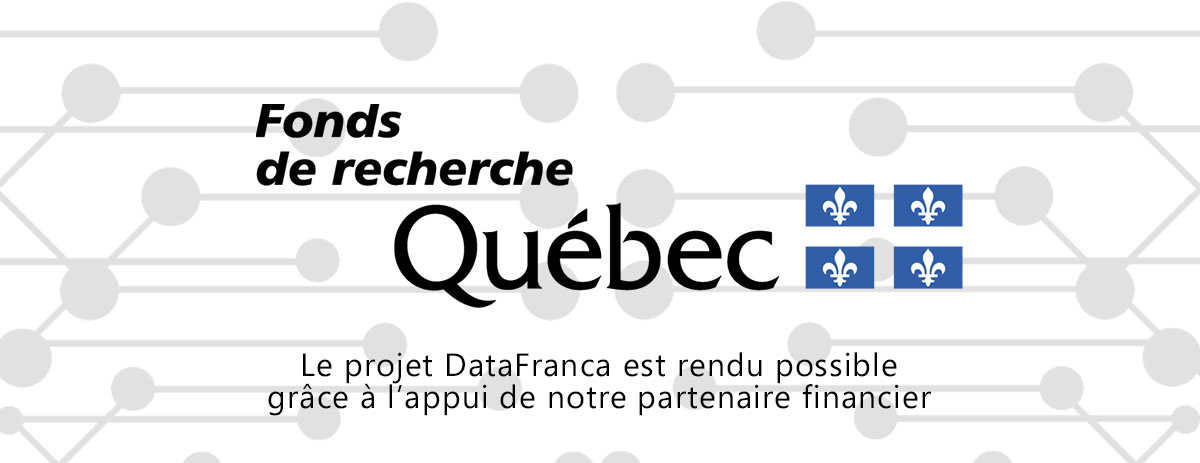Balise : Éditeur de wikicode 2017 |
|
| Ligne 1 : |
Ligne 1 : |
| | | #REDIRECTION[[Probabilité conditionnelle]] |
| == en construction ==
| | [[Catégorie:ENGLISH]] |
| [[Catégorie:Vocabulary]]
| |
| [[Catégorie:Traitement du langage naturel]] | |
| [[Catégorie:UNSW]] | |
| | |
| | |
| == Définition ==
| |
| xxxxxxx
| |
| | |
| == Français ==
| |
| xxxxxxx
| |
|
| |
| == Anglais ==
| |
| '''conditional probability'''
| |
| | |
| The conditional probability of event B given event A is the probability that B will occur given that we know that A has occurred. The example used in lecture notes was that of a horse Harry that won 20 races out of 100 starts, but of the 30 of these races that were run in the rain, Harry won 15. So while the probability that Harry would win a race (in general) would be estimated as 20/100, the conditional probability Pr(Win | Rain) would be estimated as 15/30 = 0.5. The formal definition of Pr(B | A) is Pr(B & A) / Pr(A). In the case of B = Win and A = Rain, Pr(B & A) is the probability that it will be raining and Harry will win (which on the data given above is 15/100), while Pr(A) is the probability that it will be raining, or 30/100. So again Pr(B | A) = 0.15/0.30 = 0.5
| |
| | |
| | |
| <small>
| |
| | |
| [http://www.cse.unsw.edu.au/~billw/nlpdict.html Source : UNWS Natural Language Processing Dictionary ]
| |










